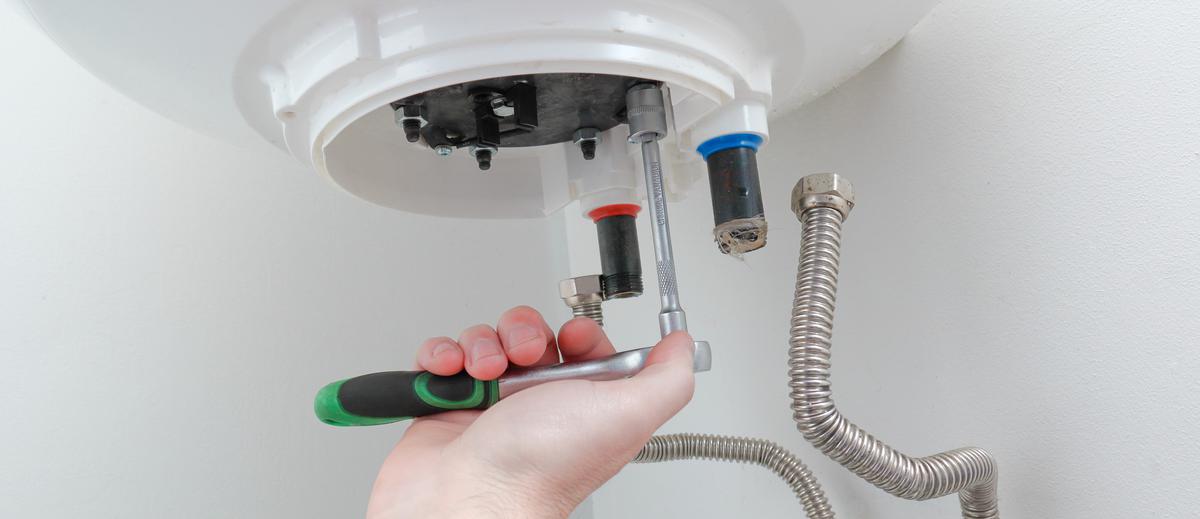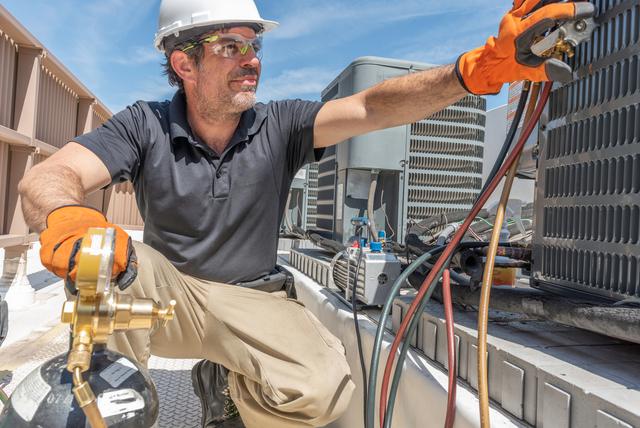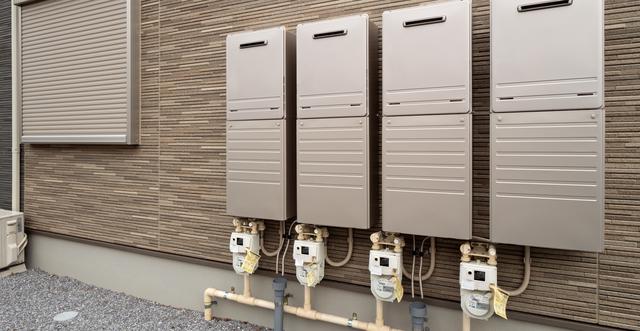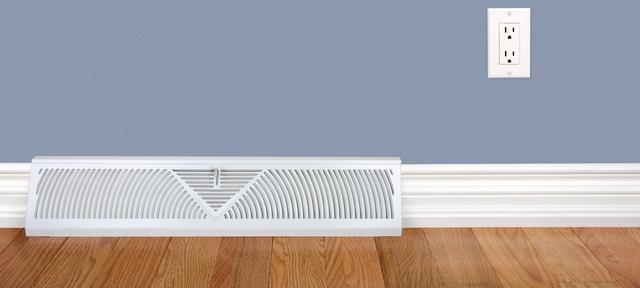Replacing a gas or electric boiler can be a daunting task for homeowners, especially if it’s their first time doing so. While the process may seem straightforward, there are several surprises that homeowners encounter along the way. In this article, we’ll discuss some of the biggest surprises homeowners face when replacing their gas or electric boilers.
Sizing Matters
One of the most important things to consider when replacing your boiler is the size of the new unit. Many homeowners assume that the new boiler should be the same size as the old one, but this isn't always the case. It’s essential to ensure that the new boiler is sized correctly for your home’s heating demands. An oversized boiler can be just as bad as an undersized one, as it can lead to higher energy bills and other issues.
Installation Costs
Another surprise that homeowners encounter is the cost of installation. While the cost of the new boiler is often the most significant expense, the installation costs can also be substantial. Homeowners may need to hire a licensed contractor to install the new unit, which can add to the overall cost. It's crucial to get an accurate estimate for the installation before committing to a new boiler.
System Compatibility
Another consideration is the compatibility of the new boiler with your existing heating system. In some cases, homeowners may need to upgrade other components of their heating system to work correctly with the new boiler. For example, if your heating system is old, it may not be compatible with newer, more efficient boilers. Upgrading your heating system can be an added expense, so it's essential to factor this into your decision-making process.
Fuel Source
Another surprise for homeowners is the choice of fuel source. If you're replacing an old gas boiler, you may assume that you should replace it with another gas boiler. However, homeowners may want to consider alternative fuel sources, such as electric or oil boilers. Electric boilers, for example, can be more efficient and environmentally friendly than gas boilers. Choosing the right fuel source for your home depends on several factors, including energy costs, availability, and environmental concerns.
Maintenance and Repair Costs
Finally, homeowners should also consider the long-term maintenance and repair costs associated with their new boiler. While a new boiler may be more efficient and cost-effective than an old one, it will still require regular maintenance to keep it running smoothly. Homeowners should factor in the cost of regular maintenance and any potential repair costs when choosing a new boiler.
In conclusion, replacing a gas or electric boiler can be a significant expense and a complicated process. However, understanding the potential surprises and challenges can help homeowners make informed decisions about their new boilers. Sizing, installation costs, system compatibility, fuel source, and maintenance and repair costs are all essential factors to consider when replacing your boiler.






comments